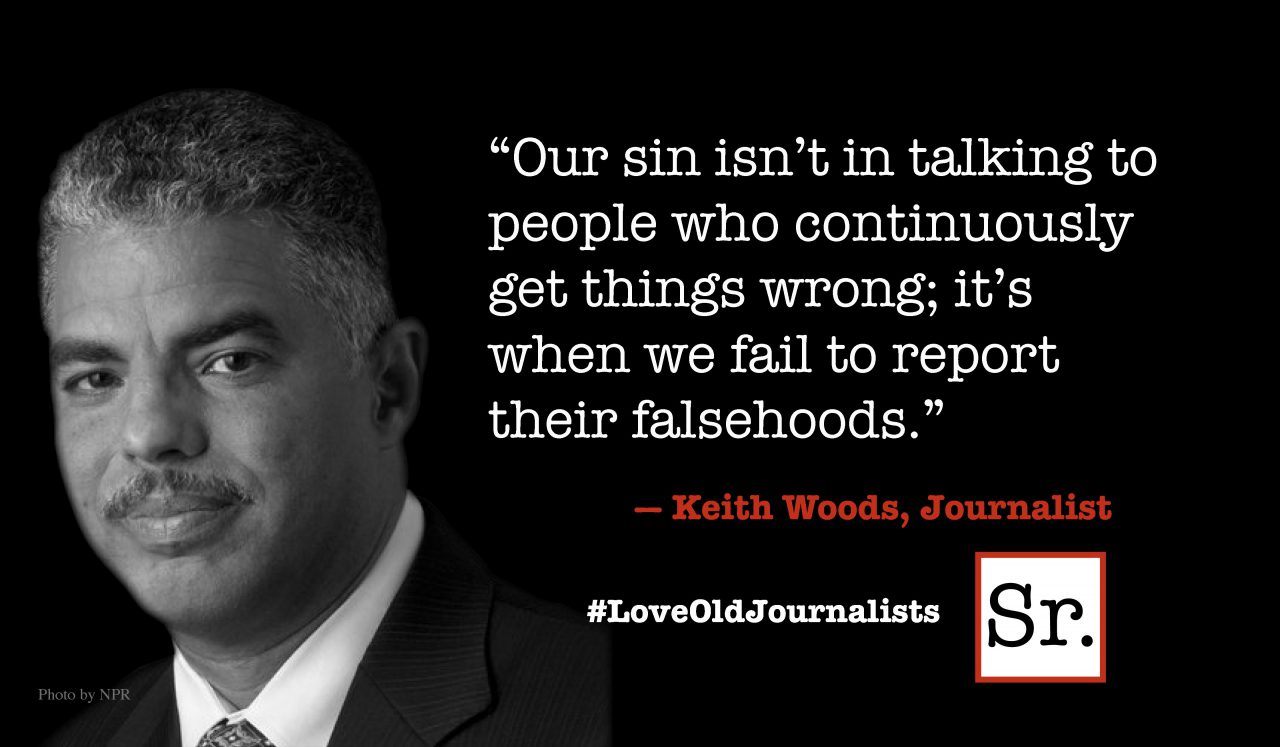When it comes to managing money, we hear a lot about abundance. And prosperity. And how we can have what we think about, if we just think long enough and hard enough.
There are two situations where that thinking may be a luxury we cannot afford.
Sometimes the wolf is at the door. We are so far behind in our bills that we cannot see daylight. It’s not just that the month is getting hard to close out. It’s that something extreme has happened — a loss of the only income in the household or an investment wiped out in one fell swoop. Maybe we’re about to face foreclosure … or bankruptcy … and by managing money differently we can alter the direction of our financial future by taking equally extreme action.
The other time is when we do that long-term calculation and realize that we cannot get from here — through retirement and old age — if we continue on as we are today. (And the younger we recognize this, the better.)
You see, more often than not, our income forms a bell-shaped curve: low in the early years, moving upward as we acquire skills and swooping upward as we gain traction with our expertise. Then our income peaks and starts slipping down as our energy level can’t compete with the young ‘uns or technological change surpasses our ability to keep up. The downward curve may be gentle, sliding us into retirement age, or it may be an abrupt free-fall.
In any case, when we do the dreaded “what-do-I-need-for-the-rest-of-my-life” calculation and are too far along the income curve to still change the outcome of that calculation materially, it’s time to look at drastic cutbacks.
Both situations are called “reality.”
Neither is fatal. Nor is either one a judgment. Each simply is.
Wolf At The Door
When the wolf is at the door, the cutbacks may be temporary, just long enough to get back in shape, back in balance, back to where we can afford the lifestyle we had enjoyed.
These cutbacks may entail all the niceties of life, the non-essentials. Or they may mean a major downsize in our residence to get down to a monthly nut that we can handle. Maybe we will stay here until we have the upward income thrust again and can afford to live how we see ourselves living in our mind’s eye. From there, if we‘re managing money smartly and all goes well, we’ll thrive because what we had experienced was just a temporary setback.
[SIDEBAR: Just know that some people who go through this kind of drastic cutback never go back to where they were because they recognize that they’re actually happier with less. Their happiness did not lie in all the “stuff.” Bigger was not better. But that’s a topic for another article.]
I Can’t Get There From Here
According to data compiled by the Social Security Administration:
- A man reaching age 65 today can expect to live, on average, until age 83.
- A woman turning age 65 today can expect to live, on average, until age 85. And those are just averages.
About one out of every four 65-year-olds today will live past age 90, and one out of 10 will live past age 95.”
When we’ve done a calculation of what we have saved, what we’ll get from Social Security, what we expect our investments to generate … and how many years we have to cover according to that life expectancy … we’ll know what we have to do.
The question is: Are we willing to do it?
What makes taking action easier is to recognize that certain parts of what we consider necessities today are actually expendable. We kept accumulating over our lives, but rarely divest ourselves of things that no longer made economic sense.
- Summer houses that we used when the kids were young but that we don’t use because the kids are gone and our interests have changed.
- Houses that may be filled with good memories, but that are far too big for the number of people living in them now … and far too expensive to heat or cool.
- The third car that we kept for when the kids came home, but now they have their own cars. And it would be cheaper to rent a car if they fly home.
- The “investment” we made in a vacation place that we haven’t been to in three years.
The list is endless. Some are large items. Some are small. But they all cost money in ways of which we may not be aware. And if we’re willing to let them go now, multiply that value by the number of years ahead of us and see what that amount could represent. It could be life-changing. Especially later.
While these changes are more permanent — not just taking a financial breather in order to rebuild — they represent a way of managing money that results in stress relief that almost always outweighs the perceived “sacrifice.”
Such decisions are very individual. But so are the consequences. So I ask: what are you willing to forgo today in order to ensure a more “abundant and prosperous” lifestyle when your income-generating days are over?
Let me know in the Comments section below if you’ve been faced with managing money through either of these situations, and how that made you feel.









